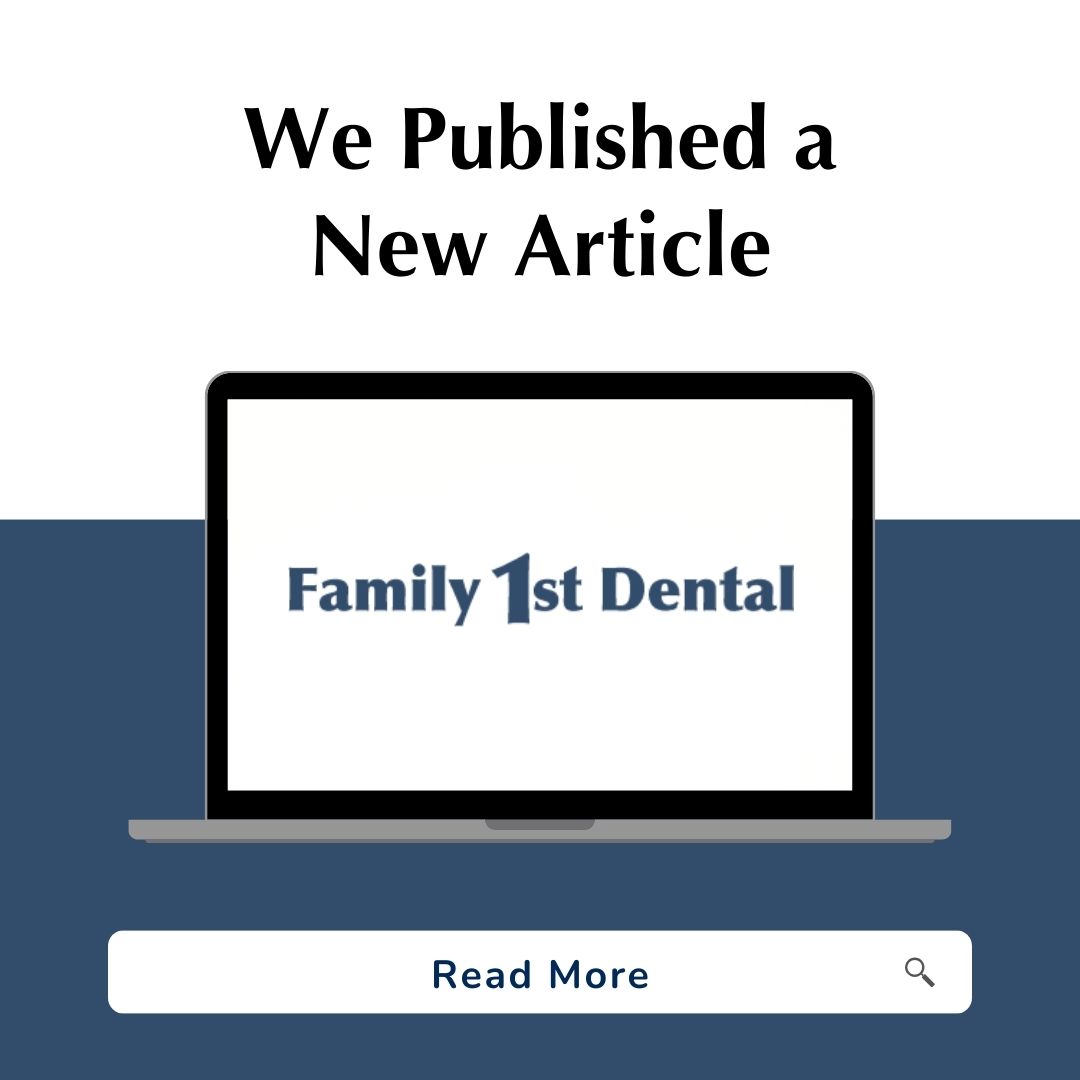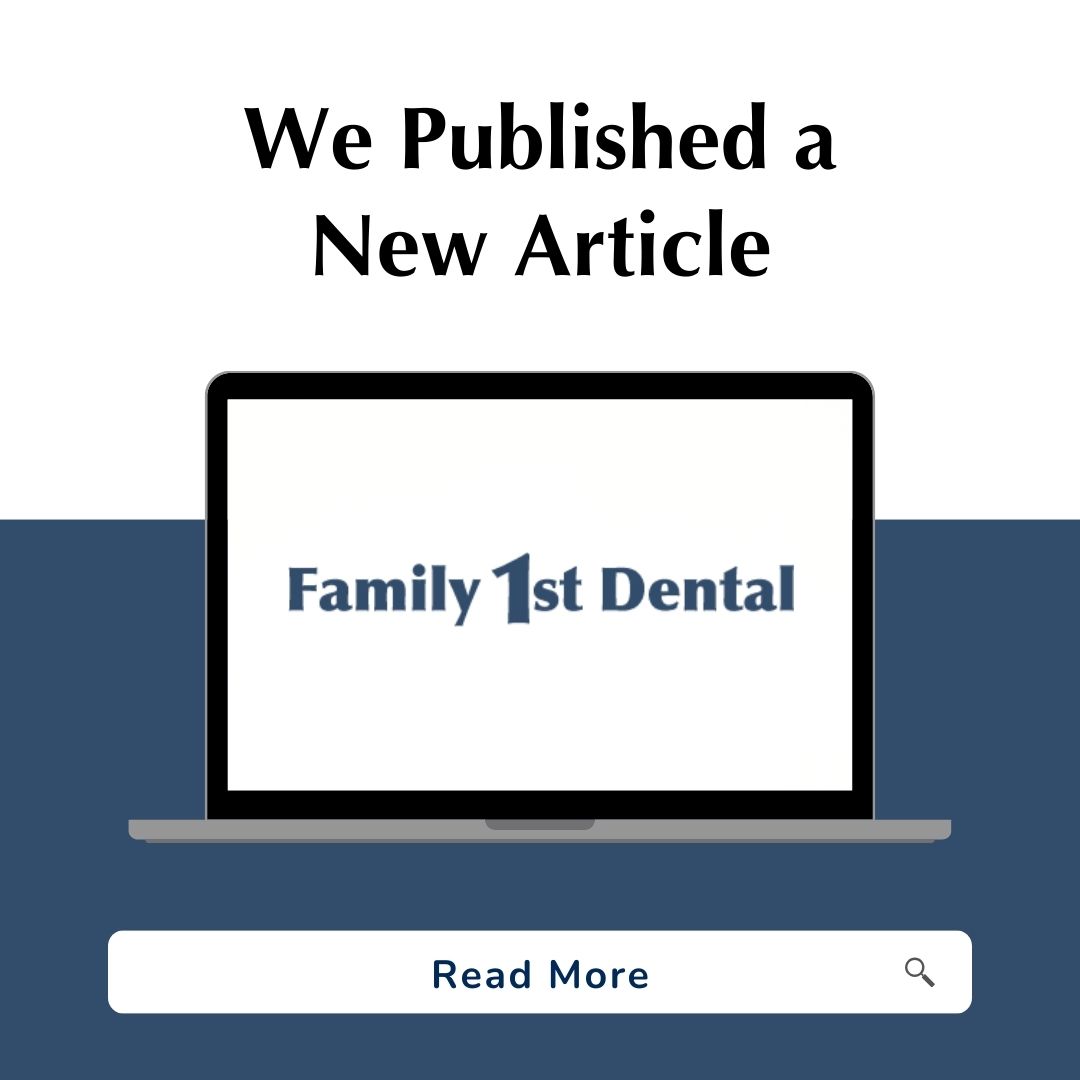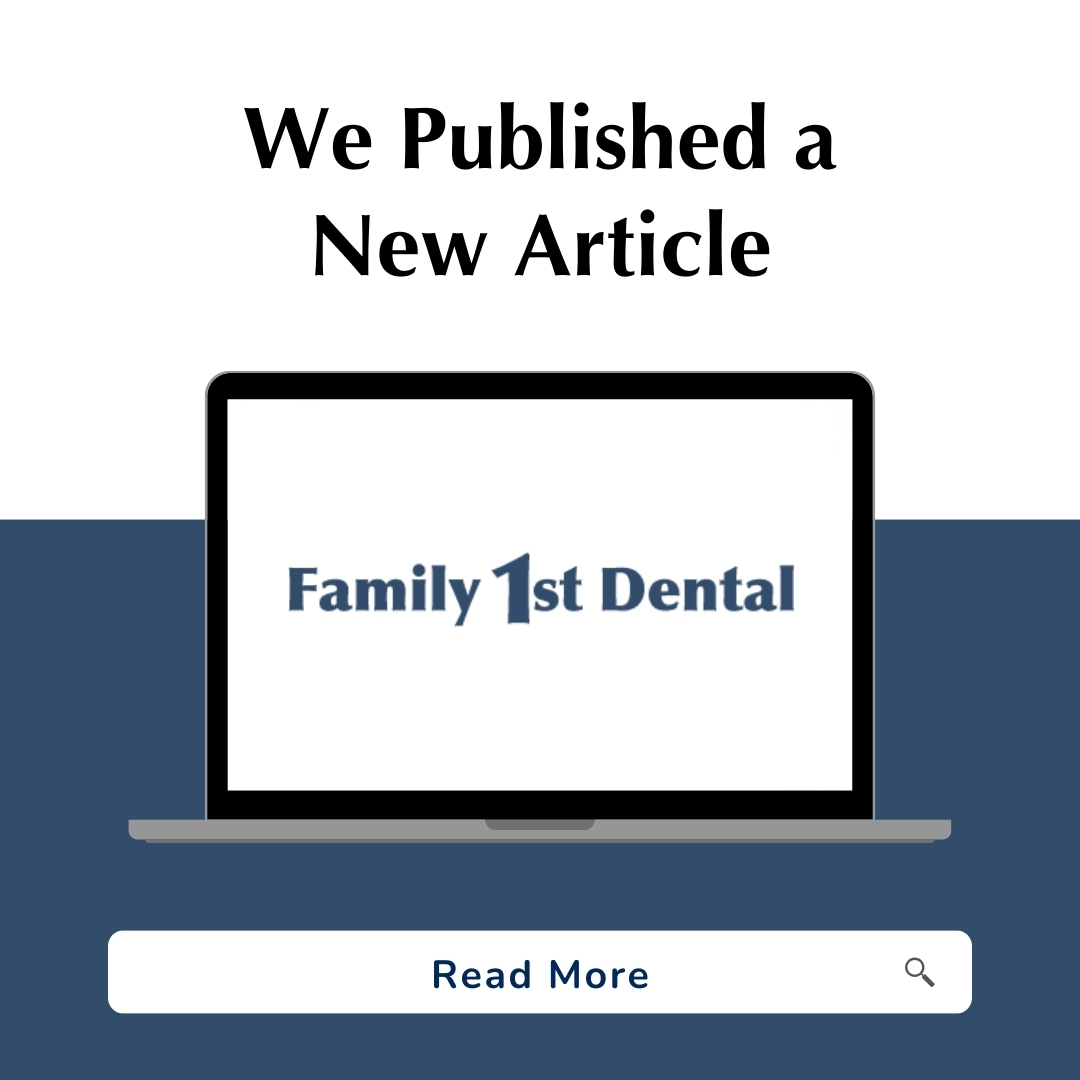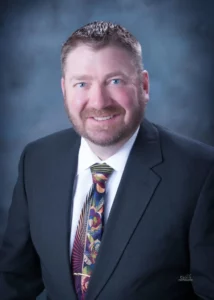
Are you confident in your toothbrushing technique, or could you be unknowingly making mistakes that compromise your oral health? Let’s dive into five common errors to ensure your brushing routine is as effective as possible, as recommended by Dentist Wausa.
- Timing Matters: Are you brushing immediately after enjoying a sugary or acidic beverage? Hold off! Brushing too soon after consuming these drinks can actually harm your enamel. Instead, rinse your mouth with water and wait at least 30 minutes to an hour before brushing to allow your enamel to remineralize.
- Personal Toothbrush Policy: Sharing might be caring in some situations, but not when it comes to toothbrushes. Sharing toothbrushes can transfer germs and illnesses via oral contact. Ensure each family member has their own toothbrush, labeled or stored separately, to prevent mix-ups.
- Keep Your Distance from the Toilet: Did you know that flushing a toilet can spread bacteria into the air? To avoid contamination, store your toothbrush as far away from the toilet as possible. Consider using a toothbrush cover for added protection.
- Don’t Rinse Right Away: Many toothpaste brands contain fluoride, which helps strengthen tooth enamel. However, rinsing immediately after brushing can wash away the fluoride before it has a chance to work its magic. Instead, spit out the excess toothpaste without rinsing to allow the fluoride to stay on your teeth longer.
- Avoid Over-Brushing: While brushing frequently is important, over-brushing can actually wear down your enamel and damage your gums. Focus on thorough brushing of all tooth surfaces rather than aggressive brushing. Dentist Wausa recommends using gentle, circular motions to effectively clean your teeth.
Remember, proper brushing and flossing are essential for maintaining good oral health, but regular visits to our dentist in Wausa for professional dental care are equally important. If you have any questions or want to schedule your next dental appointment, don’t hesitate to contact our office. Your smile deserves the best care possible!


















